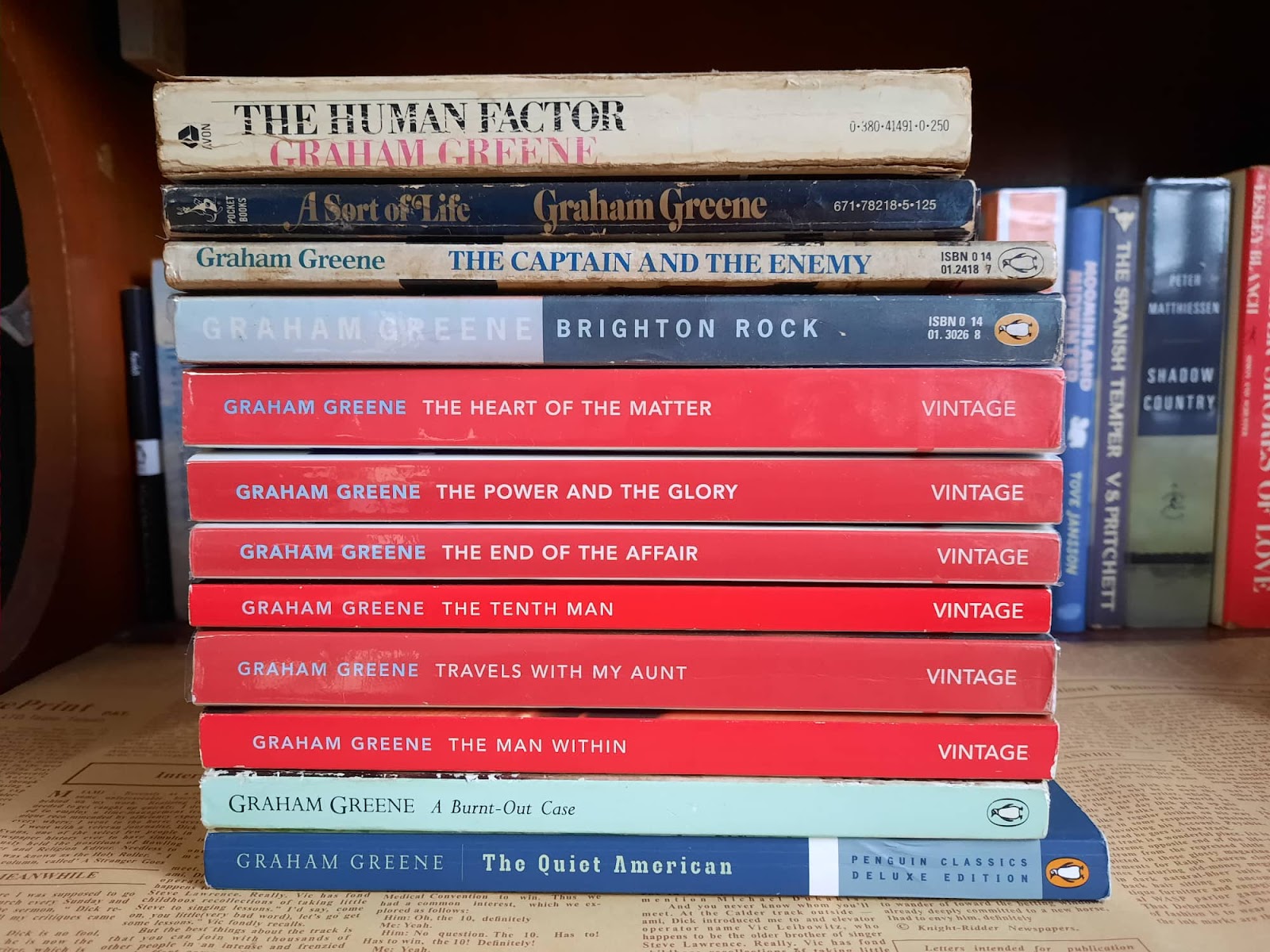(Artemio Ricarte)
The final part of this important book concerned Apolinario Mabini, Antonio Luna, Gregorio del Pilar and Artemio Ricarte: a crippled genius, a raging general, a dandy, and the last Filipino revolutionary who never swore allegiance to the American oppressor. Two of these heroes were featured by director Jerrold Tarog (showing on Netflix! Heneral Luna in 2015 and Goyo in 2018), which count as among the best of locally produced films; we need more films like these!
For most part, the book felt very contemporary, but its 1977 publication date became evident when polio wasn't mentioned as the reason for Mabini's crippling (information that only came out in 1980 after an autopsy).
Despite being published 45 years ago, A QUESTION OF HEROES is still timely! And it's shocking to me that the information within isn't much discussed nor written about in textbooks.
When Nick Joaquin wrote this paragraph below, he touches upon a theme he revisits in CULTURE AND HISTORY (1988):
"We resisted becoming 'Philippine' or 'Filipino,' we would revert to petty kingdom, tribe, clan, barangay. Our deepest impulse has ever been not to integrate but to disintegrate. We seem to have a fear of form, especially of great form... it's this old native impulse to revert to a smaller condition that was at the root of what we call the crisis of the Malolos Republic."
When Joaquin quoted what Mabini wrote harshly about Aguinaldo, we are set up with the final theme of smallness of soul at the top, condemning the fate of a country: "The Revolution failed because it was badly directed... because instead of employing the most useful men of the nation he jealously discarded them. Believing that the advance of the people was no more than his own personal advance, he did not rate men according to their ability, character and patriotism, but according to the degree of friendship or kinship binding him to them."
This theme is continued in the depiction of Antonio Luna's betrayal by "cavitismo fused with egoism and the thirst for authority" by men loyal to Aguinaldo (a second hero murdered in the name of our first President!), and in the portrayal of the inept leadership of an Aguinaldo favorite, Gregorio del Pilar, who fell at Tirad Pass most uselessly.
"Tirad Pass, like Bataan, is a bad shrine for Filipinos, because there we feel absolved of the faults that lead to such disasters... if we bungle and botch, never mind, we do fall gloriously... a few more Tirads and we'll be the most heroic people in extinction."
Detractors might accuse Nick Joaquin of muddying reputations of some of the few role models we have (because there are too few of them still alive in the halls of government). But this reader does not detect the malice of the petty soul who seeks to seem superior by making others seem lesser. In Joaquin we seem to hear a prophet warning his countrymen from committing the same mistakes that our heroes made.
If "character is destiny" (as Joaquin keeps repeating), then isn't our individual and national character best formed by written truths, no matter how unflattering, never mind how harsh?
The title is very apt. When we call someone a hero, we reveal what we deem worthy of honor. Some heroes seem pre-chosen for us, whether by incomplete textbooks or their being buried in the Libingan ng Bayani, but Joaquin's book thrusts back the responsibility of choice to us, forcing us to re-examine not only their lives, but our own values. In the words of Jerrold Tarrog's film, "Bayan o sarili?" (Country or self?) Do we even dare answer?
This should be required reading in every college history curriculum, for every teacher!
P.S. I thought the ending was particularly praise-worthy, from a literary standpoint: Joaquin summarized the Revolution WITH JUST ONE SENTENCE that spanned 2 and a half pages!!!
He began with "It had been a long day, beginning deep in the small hours, in a silence secret with strange noises" and ending with "for, now, with none to hail another crack of doom at dawn and, now, with the dawn forever in suspense until it break, again, with a cry, a crash, a clamor (and a coil of smoke from a battlement), the nameless faces now sinking into darkness but seem a waste of history, the toll of time."






















